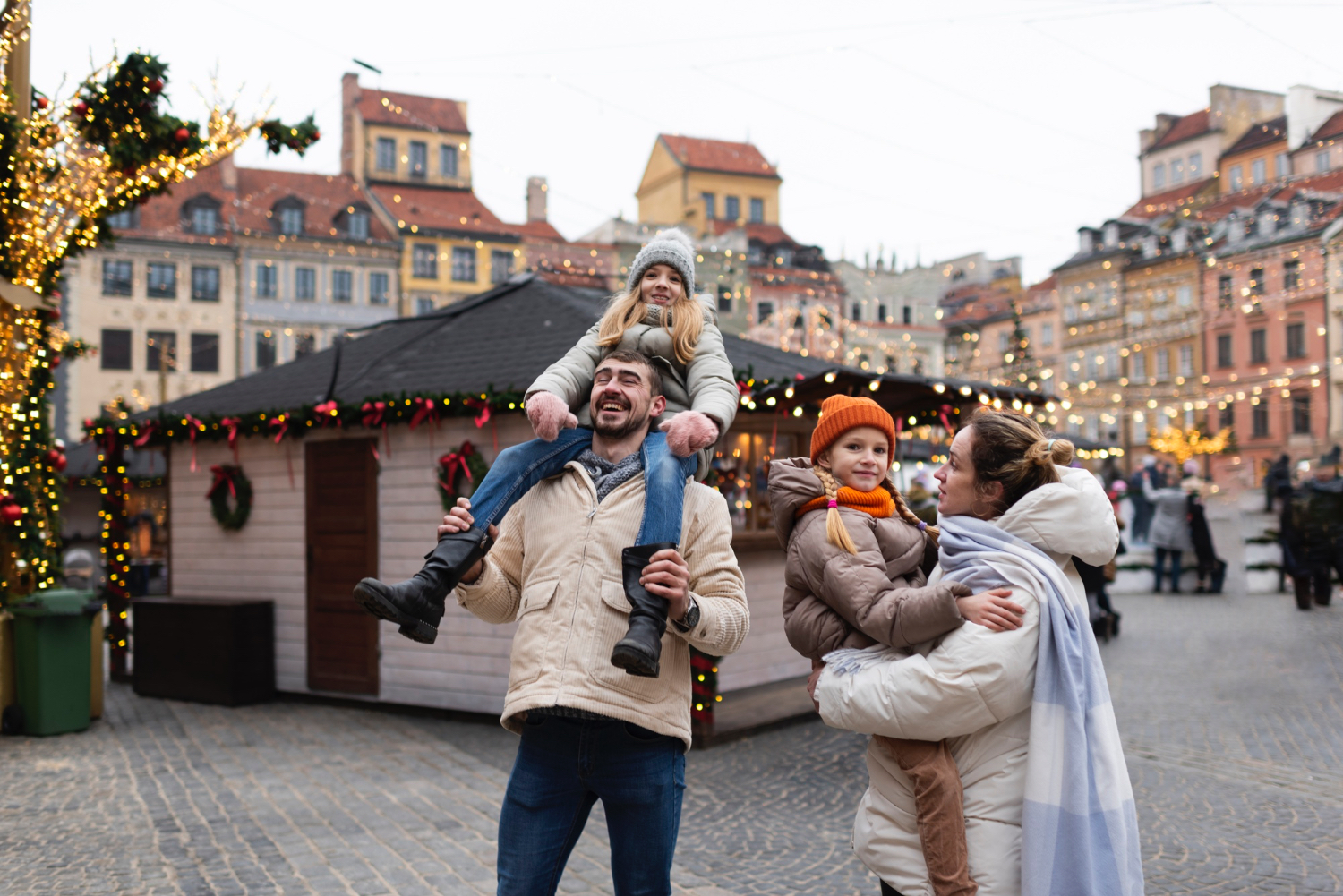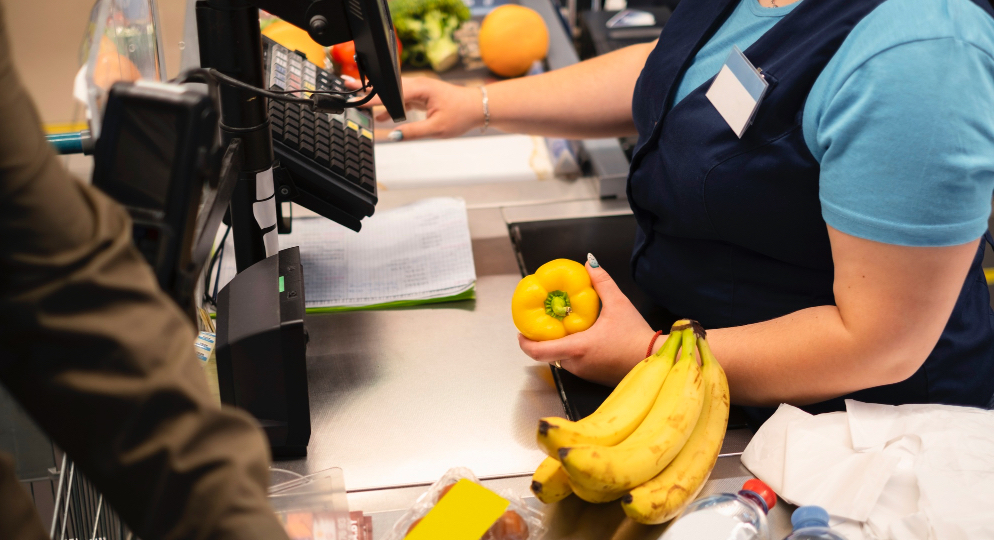When they are in the heureuse position of choosing between three German cities to make their home – Munich, Düsseldorf or Hamburg – expats and locals consider personal taste, cultural draws and yes, some fun stereotypes too. Let’s see what sets each place apart by looking at them through the lens of Reddit under the keyword “living in Germany”.
Munich: The Bavarian Gem
Munich has always been praised for being so close to the Alps but it is also home to a vibrant beer culture which makes it a perfect city for outdoor lovers as well as engineers. It’s a place where old Bavarian traditions merge with a buzzing tech industry. However, one should know that living here can be expensive too. But then again as another Redditor jokes: If you like hiking mountains or have an electrical engineering background there is no way around falling in love with Munich. Just be ready for getting used to “more traditional” way of life where shops close earlier than usual and finding a late-night Döner might turn into an unexpected adventure.
Düsseldorf: The Cosmopolitan Hub
Düsseldorf has not too hot and not too cold weather and a convenient location just across the borders from Belgium, France, and the Netherlands. The variety of its Japanese food and Karneval celebration are like nothing else. Besides being an affordable place to live compared with Munich or Hamburg as well as serving as a hub for exploring western Europe, there can be only one more thing said about this city – whether you love it or hate it: stay clear from Karneval madness lest ye mingle among lively if somewhat “snobbish” new millionaires.
Hamburg: The Maritime Metropolis
Hamburg is a harbor town that steals hearts with its maritime atmosphere; it has over 1,700 bridges – more than Venice! – which contribute greatly to this unique charm. They say one never forgets what they experienced in the north because of ‘northernness.’ Some complain about lots of rain but many appreciate different seasons and areas where fancy neighborhoods coexist next door to alternative ones. It feels like living in big cities without losing touch with small towns around them, accessible enough still even though becoming bigger all time long. Furthermore art hotspots mixed together with modern lifestyle facilities such as craft beer breweries make Hamburg look cosmopolitan indeed. However keep umbrella close at hand – weather might change faster than culture here!
The Verdict?
All German cities are different. The scenic beauty and traditional feel of Munich cannot be compared to anything else, while Düsseldorf is characterized by its cultural diversity and festive spirit. On the other hand, Hamburg has a maritime charm that is hard to resist coupled with an international vibe. As one may see from Reddit debates or simply conversations among people living there – everything depends on personal preferences (and maybe even weather), lifestyle or any other factor such as rain, mountains or occasional Karneval parade.
Living in Germany gives you a chance to live in one country but experience many different cultures at once due to the history behind this place and its diversity. You could say that every city offers unique opportunities for growth where Munich provides them with bavarian atmosphere which can’t be found anywhere else; Düsseldorf gives strategic location along cultural activities since it’s not too far away from some major European cities like Paris while still having all these things within reach itself being quite multicultural at heart; Hamburg being situated next to water creates certain marine identity combined with modern life style – each of them will definitely have their own highs lows and moments when everything starts feeling like home.
It’s not just about what places have more facilities or attractions – it goes much deeper than that. It should touch something inside you regardless of whether it is Bavarian life style knocking on your door step , multi-culturalism bursting through every street corner in Dusseldorf or waterfront living calling out from across those channels visible all around Hamburg whichever way speaks louder shall become your new sanctuary for soul searching Whichever city you choose, you’ll find a warm welcome awaiting you in Germany alongside plenty of beer served up in steins brimming over—or if coffee happens to be more up your alley then rest assured they’ve got that covered too..









